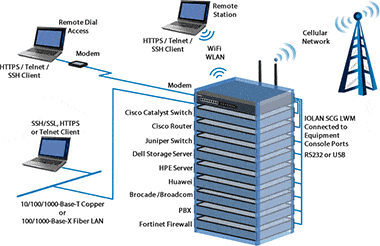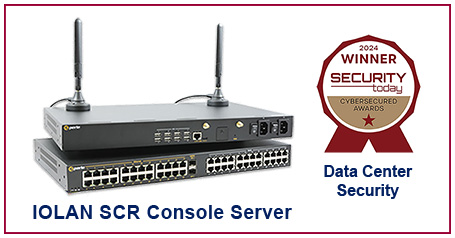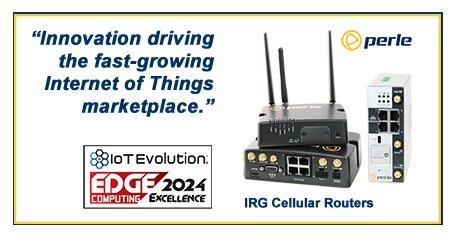
The link between big data, IoT and marketing
By Max BurkhalterJune 25, 2019
Companies looking to market their products and services have long understood that audience research is crucial to building profitable relationships with consumers, but until recently they've largely relied on sales metrics, basic assumptions and surveys with limited sample sizes. However, the rapid rise of internet of things technologies has provided marketers with a window into the everyday lives of their customers, allowing them to create more effective advertisements and grow their brands. A 2018 study from Metova found that more than 90% of U.S. consumers currently own at least one connected home device, including smart TVs, kitchen appliances, voice assistants, security cameras and more. These IoT products are capable of collecting a massive amount of behavioral data that companies can use to target specific demographics and optimize their sales models, but first those organizations need to win the trust of consumers.
How consumer data generates actionable insights
From a business perspective, the goal of embedding consumer products with IoT capabilities is quite simple - it allows companies to collect data. The more information marketers have at their disposal, the easier it is to develop new products, attract first-time customers and remain competitive in the broader marketplace. For example, if food manufacturers were able to gather data on the contents of consumers' smart fridges they would be better equipped to adjust their marketing strategies to suit the exact preferences of their buyers.
This same IoT application could also be integrated with local grocery stores, allowing them to send automated reminders when a consumer's fridge was running low or products were about to expire. While these scenarios may sound far fetched, many marketing experts have already begun brainstorming about how they could persuade consumers to give them access to this sort of data.

Privacy concerns and IoT marketing
Implementing IoT tech and data analytics on this scale would not require too much innovation, as the same artificial intelligence software used to track traffic conditions in modern smart cities could be easily adapted for marketing purposes. Currently, the biggest barrier to widespread deployment is the need for user consent, which may be difficult to secure given the privacy concerns many consumers have been voicing.
A 2019 survey conducted by the Internet Society and Consumers International found that 63% of respondents felt that connected devices are "creepy" because of the massive amount of personal and behavioral data they are able to collect. Additionally, 75% of people expressed concern about their data being used by third-party organizations without their consent. While this sentiment is unlikely to change in the near future, there are a number of steps companies can take to prepare for the next generation of data-driven advertising.
One of the most important prerequisites for large-scale IoT marketing applications is a robust database architecture, as companies will be unable to run efficient analytics on consumer data without first storing and organizing the information they collect. Luckily, Perle offers high-performance networking tools that can keep marketers moving as quickly as their customers' preferences. Read some of our customer stories to find out how we've helped other companies take full advantage of their IoT applications.



